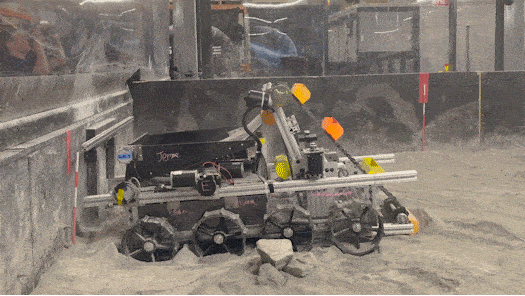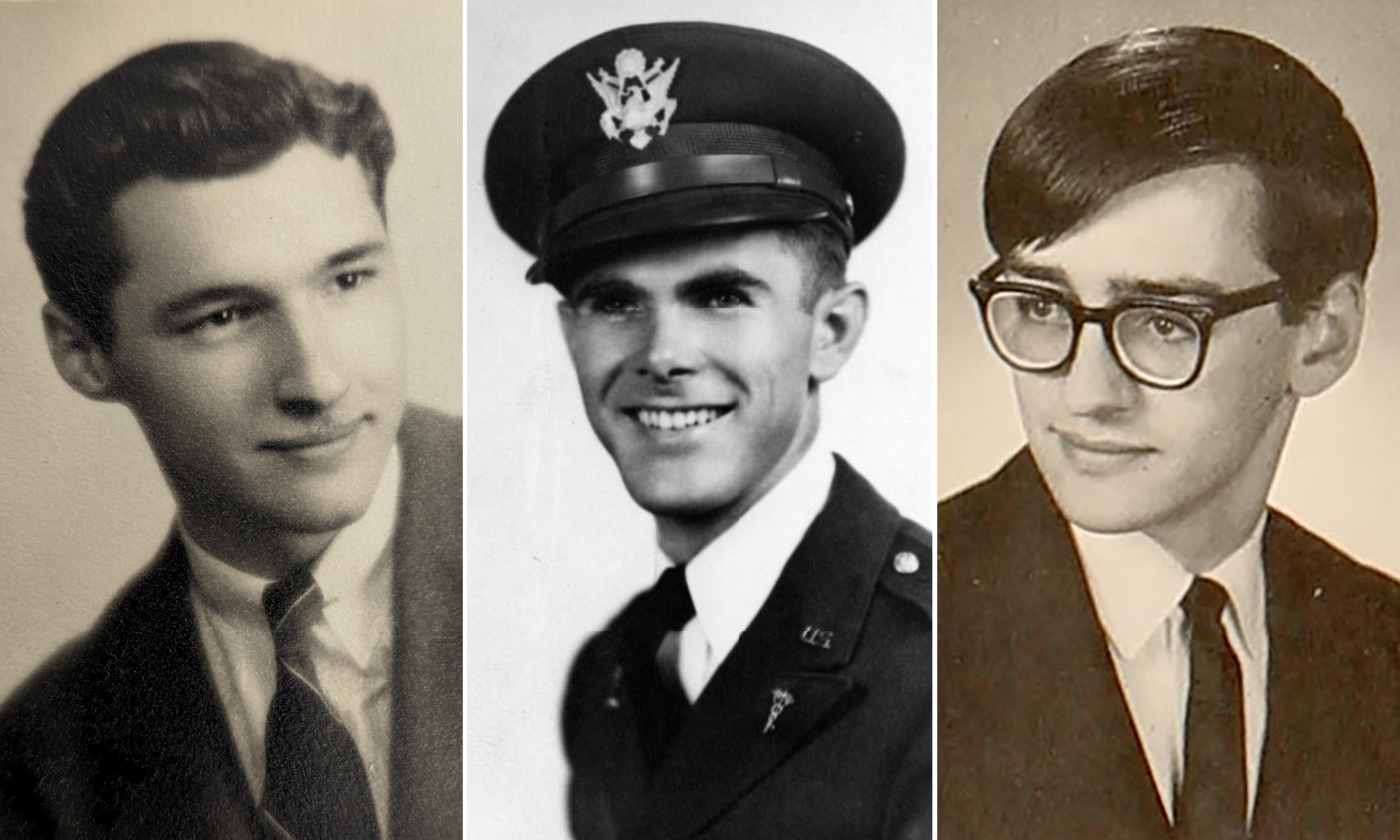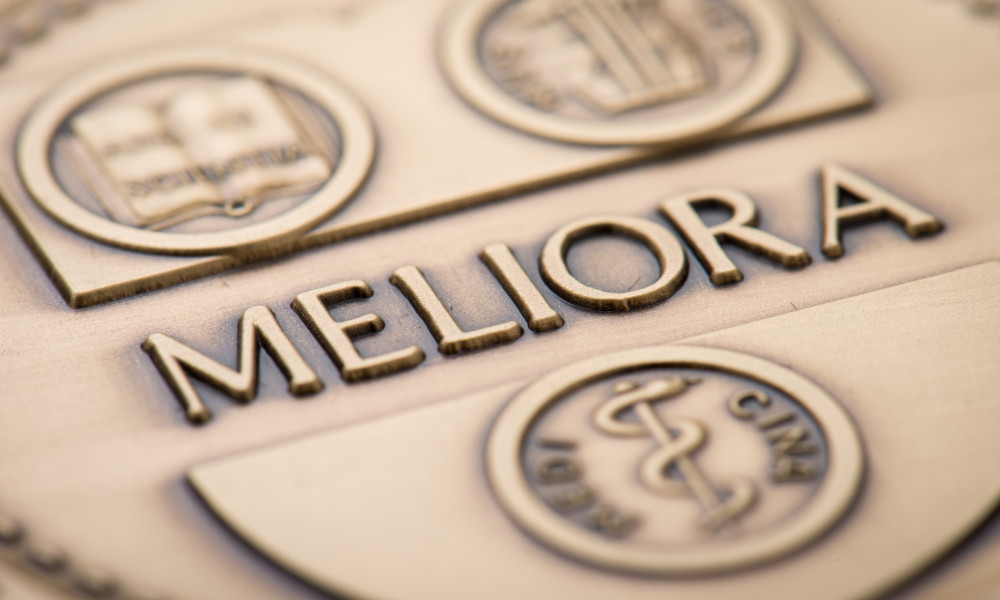At a time when it is more important than ever for scientists to communicate clearly with the public, eight University of Rochester PhD students and postdocs will do their best to summarize their research with just three minutes and a slide.
They are finalists in the University’s annual Three Minute Thesis competition, which will be held at 4 p.m., April 12, in the Class of ’62 Auditorium at the Medical Center.
“Today, especially in America, there are a lot of people who are skeptical of scientific research – and of research in general – who want to understand where their tax dollars are going. At the end of the day, our research is going to matter to them, and they need to understand that,” says organizer Melissa Glasner, a PhD student in the cell biology of disease program.
Melissa Sturge-Apple, dean of graduate studies for Arts, Sciences & Engineering, says the competition is “a fantastic opportunity for graduate students and trainees to really reflect on what are the essential and important elements in the work that they do – what is the story it can tell to policy makers, practitioners, neighbors, parents, and society that makes a lasting impression.”
A total of 44 students initially entered the competition, which was founded at University of Queensland, and is now in its third year at Rochester. The eight finalists are:
- Jillian Ramos (biology)
- Derek Crowe (genetics, development, and stem cells)
- Parker Riley (computer science)
- Robert Maynard (cell biology of disease)
- Marian Ackun-Farmmer (biomedical engineering)
- Lauren VanGelder (chemistry)
- Simeon Abiola (translational biomedical science)
- Kathryn-Mary Wakim (neuroscience)
By design, half the finalists are from the School of Medicine and Dentistry and the other half from the River Campus.
The winner will receive a $750 research travel award. There are also $500 and $250 research travel awards, respectively, for the runner-up and the people’s choice winner.
An art and a skill
“The ability to talk about research and scholarship in simple terms and make it accessible – this really is an art but it also a very important skill. This isn’t something that is taught necessarily in the training of PhD students and postdocs. This contest provides a catalyst for this type of thinking,” Sturge-Apple says.
Glasner concurs. She competed last year and says the experience “made me think about my science in a more global perspective. It helped me with my communication skills, because I am so used to speaking jargony science with my colleagues, and I would like to reach out to the general public.”
There are benefits to the University as well. When an engineer can talk in a language that a biologist, a humanist, and a psychologist can understand, it helps forge cross-disciplinary connections, Sturge-Apple says. “We can begin to see how the research in one corner of academia may inform that in another corner. It’s synergistic. This is how new discoveries are made and new scientific pursuits are born.”
Sturge-Apple says the event is particularly timely “against the backdrop of remembering and honoring all that Louise Slaughter stood for as the only microbiologist in Congress. Because she was a scientist, she understood the value of academic research and scholarship and how it could inform policy.”
“I can promise that attendees at the Three Minute Thesis will come away with a wealth of new information about the corners of academia they may have never known existed.”
The competition is sponsored by the School of Medicine and Dentistry Center for Professional Development; the Arts, Science & Engineering Graduate Studies Office; the Graduate Student Society (School of Medicine and Dentistry); and the Graduate Student Association (AS&E).



